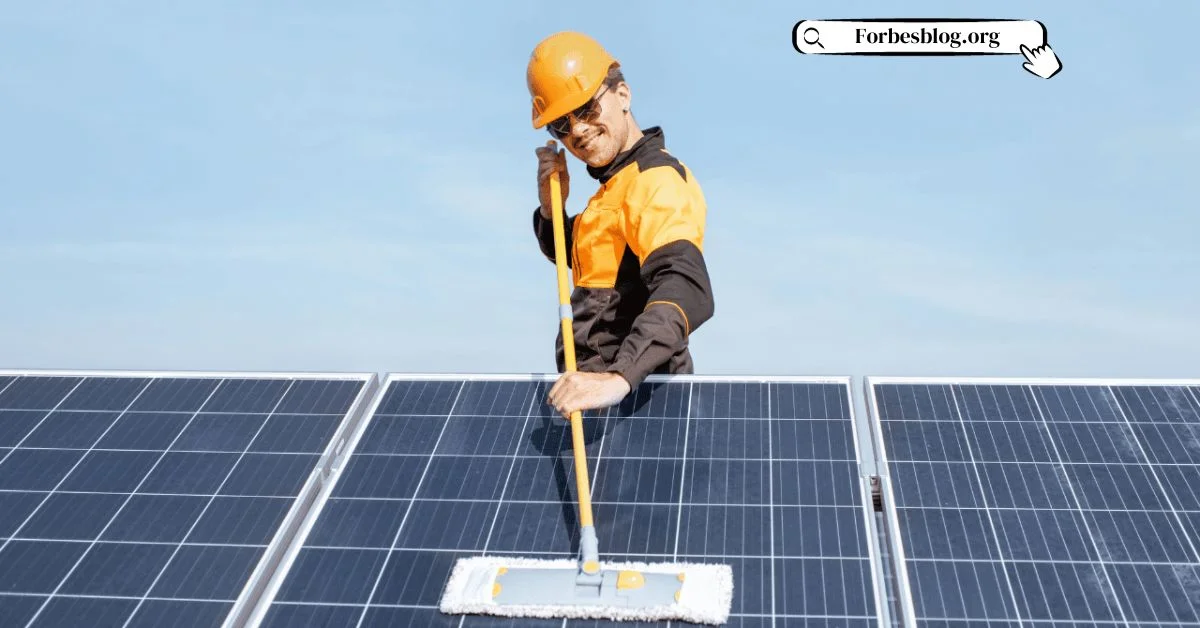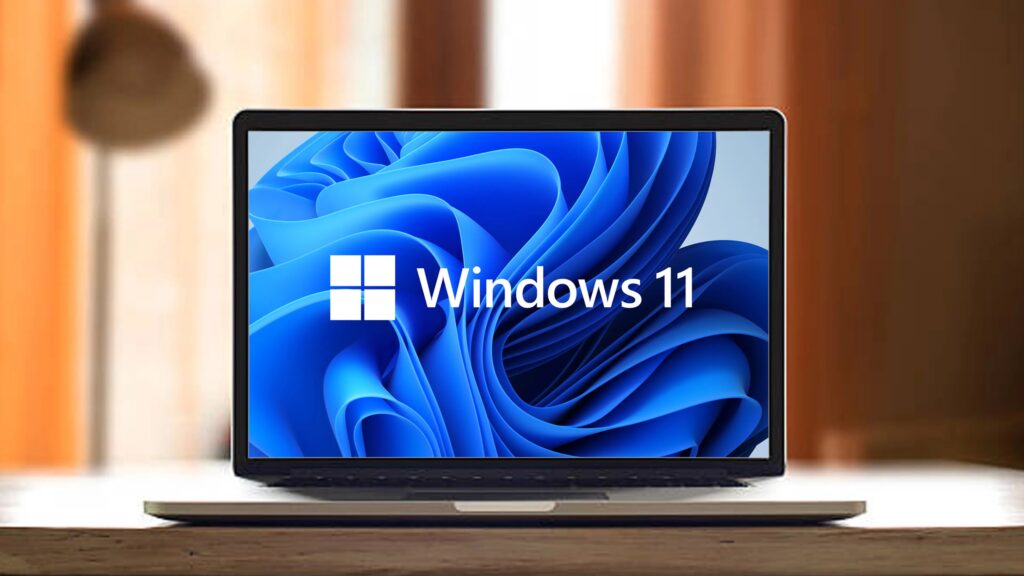How often should you have the solar panels on your roof cleaned? This is a commonly asked question for anyone that has invested in a solar array. Solar panels are typically installed on top of the roof, and take the brunt of the mess during storm season and collect debris in general. So how often should you clean them? In this article we will talk about that in detail.
Table of Contents
If I Live By The Coast Do I Need to Do Something Different to Clean Salt From My Panels?
Those that live in coastal areas will need to clean their panels more regularly as salt water residue can build up and cause corrosion over time. Even a simple rinse with the hose will be better than letting salt water sit atop your panels and corrode the hardware on your home’s roof.
Is it Really Necessary to Clean Residential Solar Panels as Part of Routine Maintenance?
Like all other parts of a residence, or outdoor items, solar panels should be cleaned periodically as part of the regular maintenance of any home. Build up or residue on the surface of the panels can decrease the rays that reach them, and the energy that they are able to provide. Regular maintenance of your solar panels can help them to last longer and to remain more efficient than they would without the required care.
Cleaning Solar Panels
Solar panel installation companies offer residential solar panel maintenance and cleaning, or some companies may be created entirely around cleaning them. There are risks involved to the safety of the person who is cleaning them if the correct safety measures are not in place, or the necessary supplies are unavailable. Cleaning once each year can improve the functioning of your panels and improve the efficiency.
DIY Solar Panel Cleaning
When cleaning our own solar panels yourself, it is important to ensure that you have created a safe environment and that they are in a location that is accessible. While there are specific cleaning products available, most often a bucket of soapy water and a hose to rinse them will be enough. Using a soft sponge gently wipe across the panels to remove any dust, build up, residue, or anything else that is on the solar panels. Rinse the sponge as needed, if dirt or larger particles become stuck in the sponge it will not be efficient in cleaning it.
Be Sure To Rinse your Panels Properly
To rinse the soap off of the panels use a low pressure water hose. A high pressure hose or attachment can cause damages to the solar panels. Once all soap residue has been rinsed away the panels will be clean and efficiency will be restored.
Why They Need Cleaning
Being outside year round and in all types of weather makes the solar panels certain to become dirty. They will form a film of dirt, pollutants, pollen, sea salt, and more. Rain will bring water pollution and can leave mineral deposits on the panels, and these will all create a layer of residue. This residue can block the sun from reaching the panels at its full intensity, and they will receive less power from the interaction, thereby producing less current for the batteries and for use.
Residue
Residue that remains on the panels may also contain minerals, acids, or other materials that will erode away at the surface over time, or that can get behind the panels into the mounting hardware and cause damage there. The strongest reason for cleaning panels regularly is to boost their efficiency and to monitor any changes or damages that occur. Little maintenance is required beyond cleaning, and this can be done by the owner.
Further Maintenance
In areas where there is a lot of snow, it can become necessary to remove the snow from the solar panels manually. It will become heavy over the season before it melts, and the snow will block the sun from reaching the panels properly, limiting their energy production.
Alternatively places witah high wind and dust will require more frequent cleaning of the panels to allow them to work at their peak efficiency.
Visit for more article : forbesblog.org














